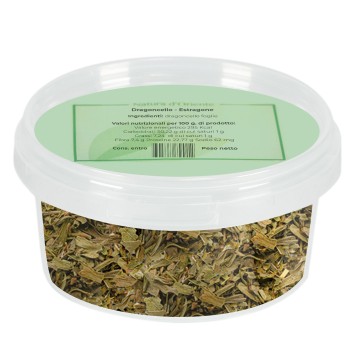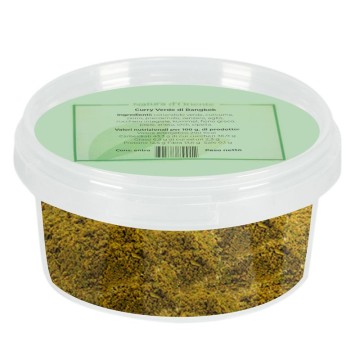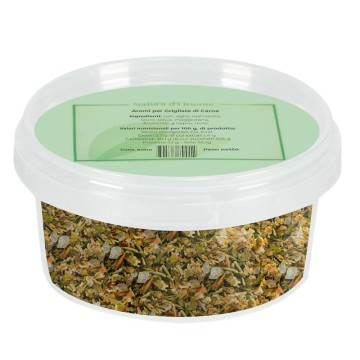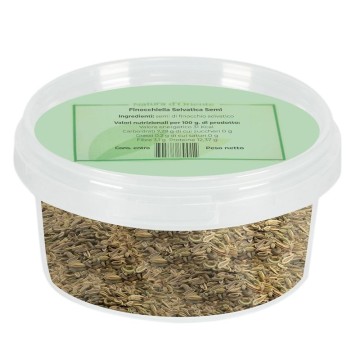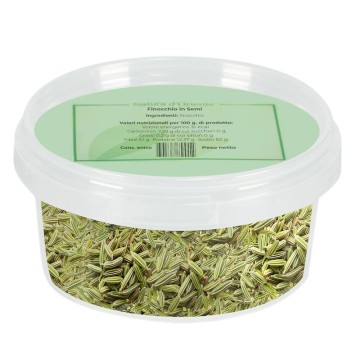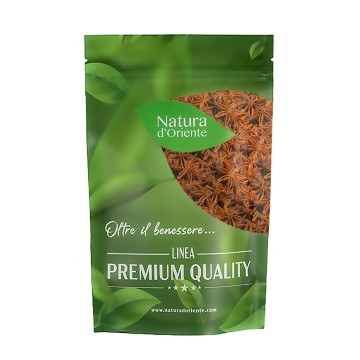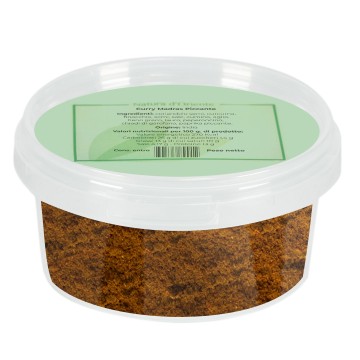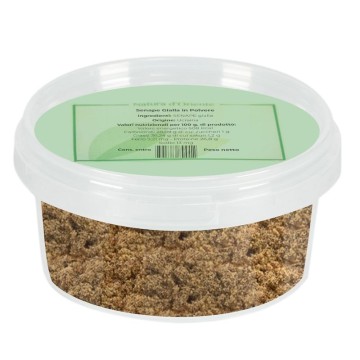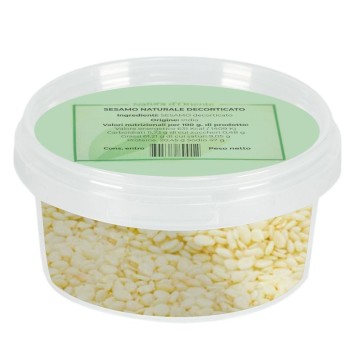Fenugreek seeds have been used for centuries as a spice, especially in many Indian dishes, since the spice is naturally widespread in India as well as in Europe. Appreciated for their nutritional profile and for their pungent and slightly bitter, astringent and spicy aroma. In the kitchen they are usually ground on the spot, and the version of fenugreek in grains, in fact, allows them to be preserved longer without losing aroma and flavor.
Fenugreek: properties and benefits
Introducing this spice into your diet can be useful for acquiring substances useful for our well-being.
Fenugreek has a positive effect on digestive function, with an emollient and soothing action on the digestive system. The fibers and mucilages contained in the seeds make them excellent for the gastrointestinal tract, softening the mass in transit and speeding up its transit, against constipation. The emollient properties alleviate any irritation of the stomach and intestines, with a soothing action on the tissues, which starts from the respiratory tract. These properties are also due to a particular molecule of the seeds, trigonelline, with emollient and expectorant properties.
Traditionally, fenugreek has also been used to stimulate the appetite in debilitated people, to help them regain lost weight.
It affects the metabolism of carbohydrates, determining an aid in regulating blood sugar levels. Furthermore, fenugreek acts on the metabolism of triglycerides, promoting the control of cholesterol in the blood - it inhibits absorption at intestinal level through the saponins contained. Fenugreek grains also contain phytoestrogens, traditionally known for their beneficial role in the production of breast milk.
The grains contain a good amount of fiber and important minerals, including iron, potassium, magnesium, copper and manganese. They also contain micronutrients such as proteins, amino acids, vegetable oils and vitamins (A, group B, C, D and P).
The high mucilage content also makes fenugreek grains useful for external applications on skin and hair. The seeds should be hydrated in water and then boiled, creating a sort of natural emollient and nourishing gel.
This spice also has qualities as a home remedy: thanks to the strong odor they give off, the grains can be used to keep away annoying animals such as moths and bedbugs. Fenugreek is a safe spice for most people, however it can cause side effects if taken in large quantities. Such as decreased appetite, and interaction with diabetes medications that lower blood sugar.
Using Fenugreek in Cooking
Fenugreek is best known for its use in Indian ground curry, as it appears as an ingredient in most blends. It is one of the most distinctive flavors. Hot, pungent and with a bitter aftertaste; strong but pairs well with other oriental spices.
It can enhance the flavor of a dish, but can also ruin it if used too much – just a pinch can add a strong tone. It usually works best as part of a spice blend or in combination with other flavorings, adding a slightly bitter note and enhancing the heat. It is excellent, in fact, used together with cumin and coriander.
As with other spices, toasting fenugreek seeds brings out new aromatic notes, increases the spiciness and depth of the spice. It should not be toasted excessively, otherwise the tasting becomes too pungent, bitter and can give the grains an acrid aroma.
The version of whole fenugreek seeds is useful for being ground on the spot, maintaining all its character - which is lost after some time from grinding. The small dried yellow seeds, with a rectangular shape, are quite hard, so they must be ground carefully, using a pestle or spice grinder.
Savory recipes: a pinch of this unique spice can transform a bland dish into an appetizing one, whether it is a first or second course. In combination with butter or oil, it can enhance soups, vegetables, stir-fried meat dishes, stews, preserves. It is used in fenugreek salad, with the sprouted seeds bitter and crunchy. The germination process (4-5 days after a long soaking) increases the nutritional properties, bioa

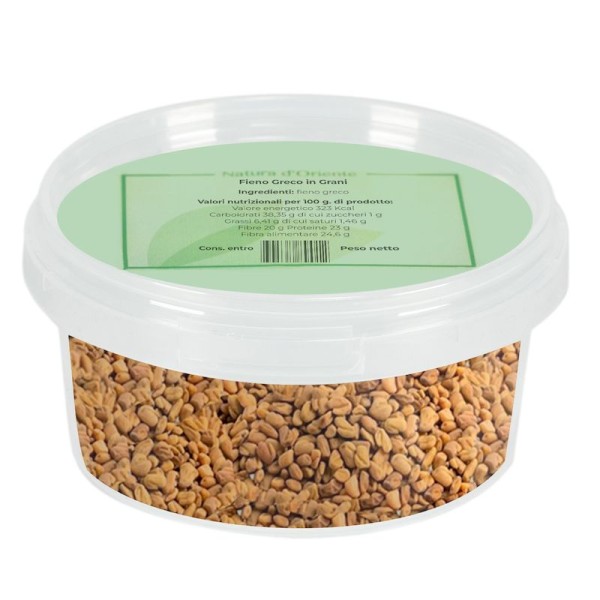









 No reward points for this product.
No reward points for this product.
